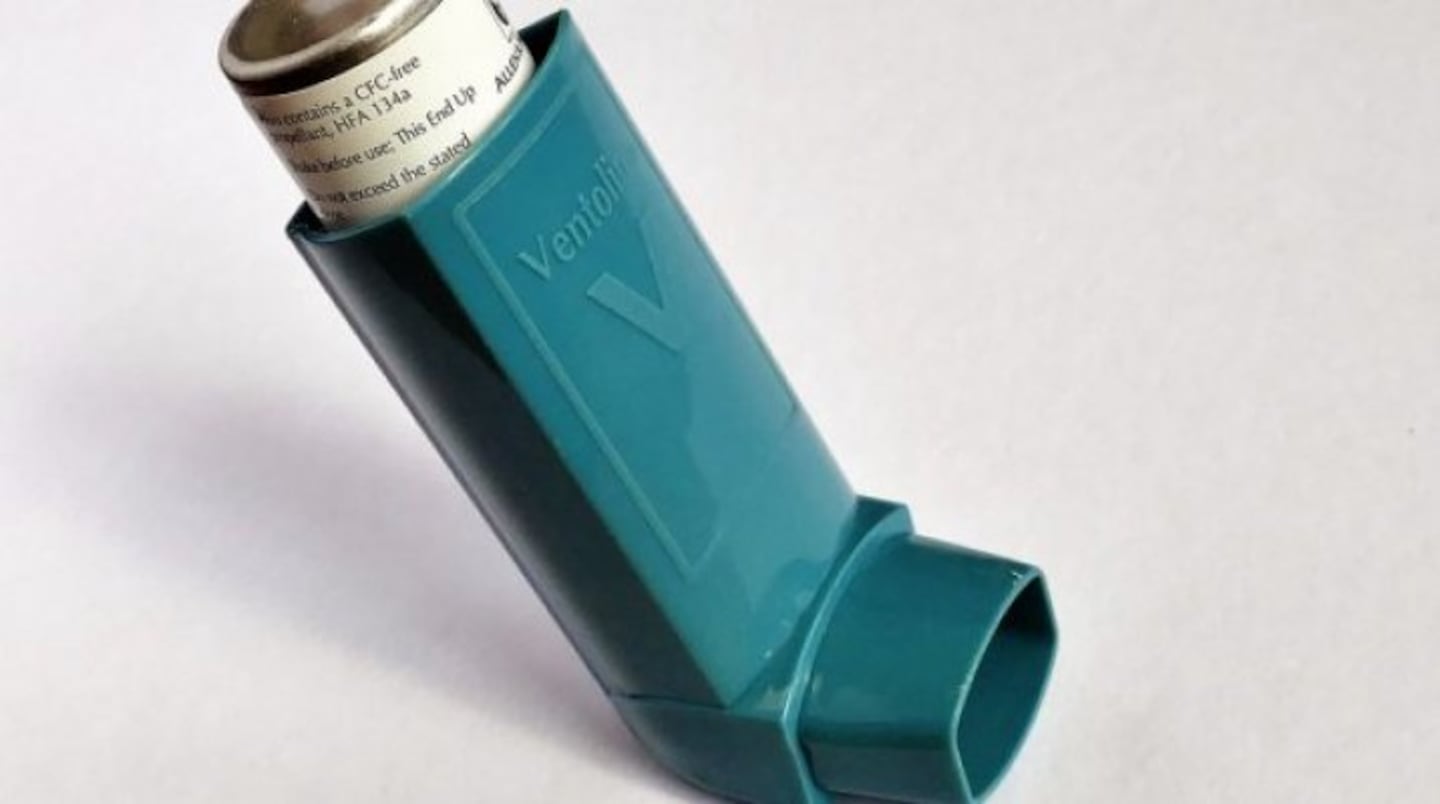One of New Zealand's leading asthma experts says urgent action is needed to reduce the impact of asthma on Māori and Pacific Island communities.
A recent report showed the incidence of asthma among Maori and Pacific peoples is among the highest in the country with more than one in five (21%) Maori and one in six (17%) Pacific Island children requiring medication for the condition.
In comparison, around 14% of European and Asian children have been diagnosed with the disease.
The Impact Respiratory Disease in New Zealand report data says rates of hospitalisation for asthma were more than three times higher for Māori and Pacific Island children than Europeans. Māori and Pacific Islanders are also four and five times respectively, more likely to be one of the 70 New Zealanders dying from asthma each year.
The report also found significant socioeconomic differences in asthma hospitalisation for the total population, with rates 3.7 times higher among those living in poverty.
The report called for the urgent introduction of new programmes to reduce the severe ethnic and socioeconomic inequalities in respiratory diseases including asthma.
Associate Professor Jim Reid from Otago University welcomed the report’s findings and says New Zealanders are far too relaxed when it comes to dealing with asthma and its symptoms.
Professor Reid says more research is needed to understand why Maori and Pacific Islanders have such a high rate of asthma and also to explain why some children seem to grow out of the disease.
He says the incidence of asthma is particularly high among Maori and Pasifika communities and those living in poverty.
Professor Reid makes the comments just days before World Asthma Day on May 2 and says it's a timely reminder for us all to put Asthma and the seriousness of the disease back into the spotlight.
"I think because asthma is so common, people have become a bit cavalier about it, it seems like every kid on the block has it, so it tends to get minimised, but last year 70 people died from asthma," he says.
We have still got one of the highest incidences of asthma in the world and at times up to 10-15% of the population suffer from asthma. There are few asthma symptoms that can't be controlled so it's important that people suffering get diagnosed and treated, " he says.
Professor Reid says the key to getting the nation's asthma burden under control is a simple Asthma Control Test (ACT) carried out at a doctor's surgery or pharmacy.
"I'm an enthusiast of the ACT. It allows GPs and pharmacists to assess patients with a score that shows what level of control they have over their symptoms. This number can be used to alter the patient's medications and can significantly improve the symptoms of those suffering from uncontrolled asthma," he says.
Professor Reid says early diagnosis of the disease is important to prevent long term damage to the lungs.
"If asthma is not controlled over a long period of time, the lungs can 'remodel', leading to scarring of the airways, and this can become permanent so these people end up wheezing all the time."
He adds that Māori and Pacific Islanders also need a better understanding of the disease and to seek medical help in getting their symptoms treated.
"I have one study running at the moment where we ask how good has your asthma been and the reply by most has been 'excellent', then they tell us they are using their inhaler 10 or 11 times a day. So this tells us that patients have a pretty poor understanding of what good asthma control is!"



